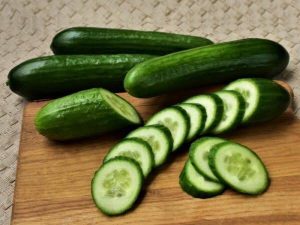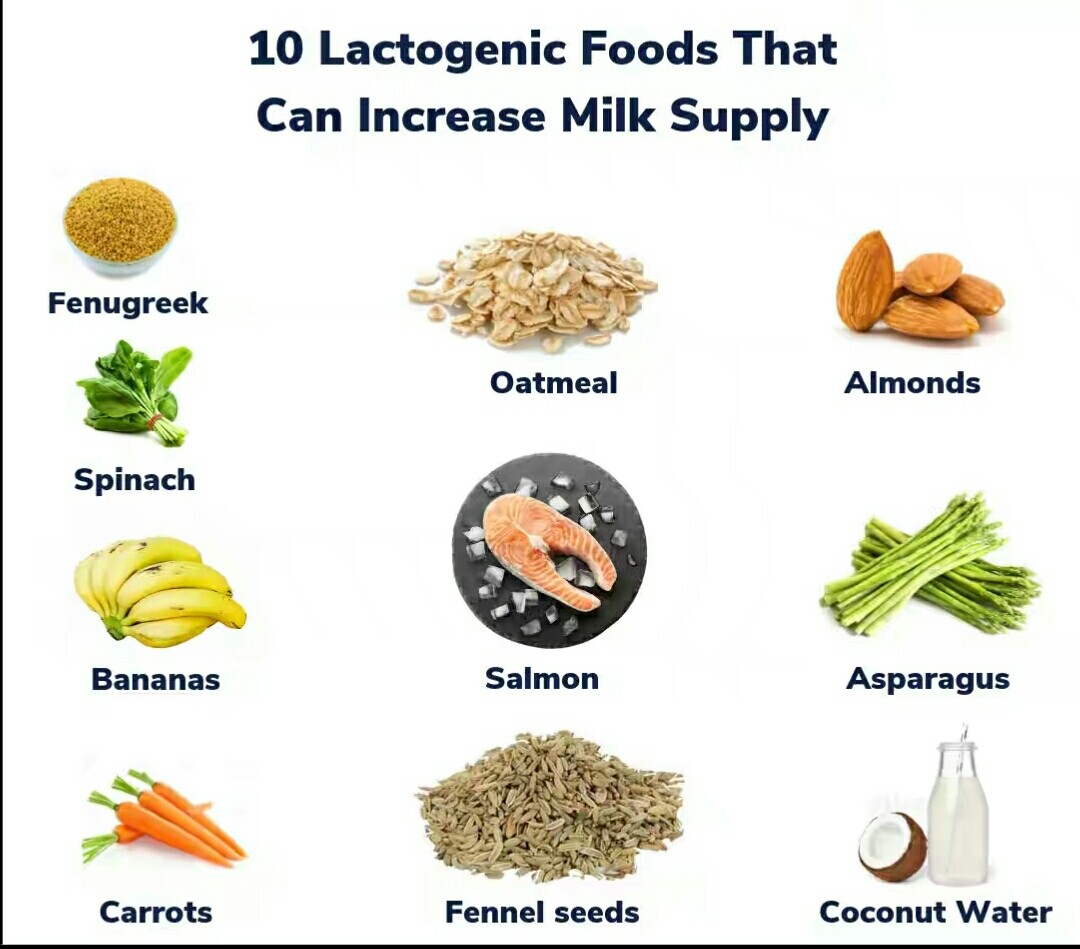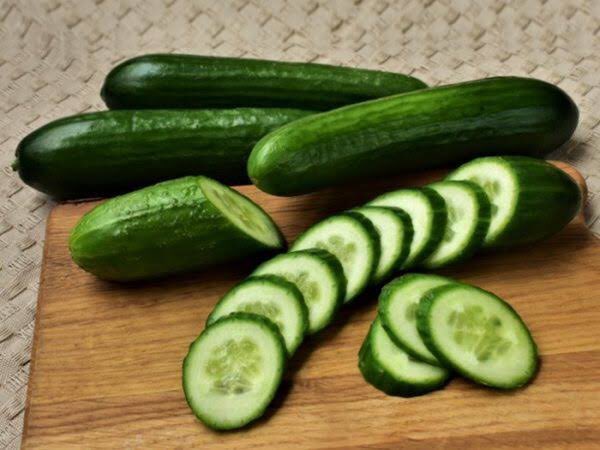Benefits of eating cucumber at night and in the morning.
I will be sharing some insights on cucumbers and its health benefits especially when eaten at night or in the morning.
Cucumber (Cucumis sativus) is a widely-cultivated creeping vine plant in the Cucurbitaceae gourd family that bears cucumiform fruits, which are used as vegetables.
There are three main varieties of cucumber; slicing, pickling, and burpless/seedless – within which several cultivars have been created.
The cucumber originates from South Asia but now grows on most continents, as many different types of cucumber are traded on the global market.

In North America, the term wild cucumber refers to plants in the genera Echinocystis and Marah, though the two are not closely related.
Benefits of eating cucumber at night and in the morning.
Benefits:
The nutritional profile of cucumbers may give them a number of health benefits.
1) Hydration
Cucumbers consist mostly of water, and they also contain important electrolytes. They can help prevent dehydration in hot weather or after a workout.
For people who do not enjoy drinking water, adding cucumber and mint can make it more attractive.
Staying hydrated is essential for maintaining a healthy intestine, preventing constipation, avoiding kidney stones, and more.
Cucumber is one of the most hydrating foods.
What other foods are good for hydration?
2) Bone health
Vitamin K helps with blood clotting, and it may support bone health.
A 142-gram (g) cup of chopped, unpeeled, raw cucumber provides 10.2 micrograms (mcg) of vitamin K, according to the United States Department of Agriculture (USDA)
The 2015–2020 Dietary Guidelines for Americans recommend an intake of:
*90 mcg a day for females aged 19 years and over
*120 mcg for males of the same age
Cucumber also contains 19.9 milligrams (mg) of calcium.
Adults need 1,000–1,200 mg of calcium a day, depending on sex and age.
Vitamin K helps improve calcium absorption. Together, these nutrients can contribute to good bone health.
Vitamin D is also important for bone health. Find out more.
3) Cancer
As a member of the Cucurbitaceae family of plants, cucumbers contain high levels of bitter-tasting nutrients known as cucurbitacin.
According to an article in the International Journal of Health Services,cucurbitacins may help prevent cancer by stopping cancer cells from reproducing.
A 133-g cup of chopped cucumber with its skin also provides around 1 g of fiber.
Fiber may help protect against colorectal cancer.
4) Cardiovascular health
The American Heart Association (AHA) note that fiber can help manage cholesterol and prevent related cardiovascular problems.
A 142-g cup of unpeeled cucumber also provides 193 mg of potassium and 17 mg of magnesium.
The Dietary Guidelines recommend that adults consume 4,700 mg of potassium each day and 310–410 mg of magnesium, depending on sex and age.
Reducing sodium intake and increasing potassium intake may help prevent high blood pressure.
The cucurbitacins in cucumber may also help prevent atherosclerosis.
5) Diabetes
Cucumbers may play a role in controlling and preventing diabetes.
It contains substances that may help lower blood sugar or stop blood glucose from rising too high.
One theory is that the cucurbitacins in cucumber help regulate…
insulin release and the metabolism of hepatic glycogen, a key hormone in the processing of blood sugar.
One study found that cucumber peel helped manage the symptoms of diabetes in mice. This may be due to its antioxidant content.
Fiber, too, may help prevent and manage type 2 diabetes, according to the AHA.
Cucumbers score low score on the glycemic index (GI). This means they provide essential nutrients without adding carbohydrates that can increase blood glucose.
The celebrity farmer





















